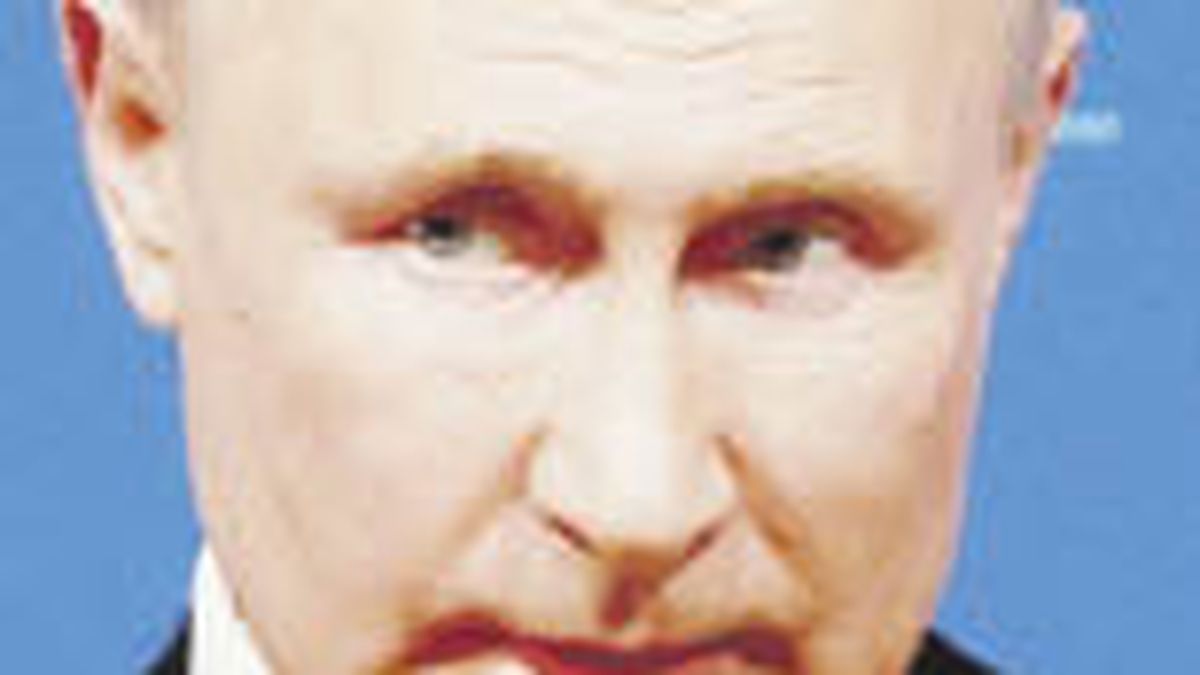individuals
A bill introduced by Democrats in the US Senate provides for the imposition of sweeping sanctions on senior Russian government and military officials, including Vladimir Putin. The latter was confirmed by Joe Biden.
Finance
Some small Russian state banks are already subject to sanctions. Options now would include tightening them or expanding the list of financial institutions subject to restrictions, possibly including private banks deeply integrated into the global financial system.
Washington could also target the state-backed Russian Direct Investment Fund.
Energy
The United States and the EU have already imposed sanctions on Russia’s energy and defense sectors. The state gas company Gazprom, its oil arm Gazpromneft, and oil producers Lukoil, Rosneft, and Surgutneftegaz face various restrictions on exports and imports and on taking on debt. Now, the sanctions could be deepened and it is an option that companies be prevented from settling operations in dollars.
Europe’s dependence on Russian energy supplies weakens the hand of the West when it comes to raising sanctions in this sector.
Germany said it could take punitive action in relation to Nord Stream 2, a recently completed gas pipeline from Russia to Germany that has not yet won regulatory approval.
disconnection
One of the toughest measures would be to disconnect the Russian financial system from SWIFT, which manages international transfers and is used by more than 11,000 institutions in more than 200 countries.
In 2012, SWIFT pulled the plug on Iranian banks as international sanctions tightened against Tehran over its nuclear program. Iran lost half of its income from oil exports and 30% from foreign trade, according to the Carnegie Moscow Center (see separate note).
Debt
Access to Russian bonds has been increasingly restricted and sanctions could be further tightened, with a ban on trading both new Eurobonds and new Russian ruble bonds, known as OFZ, on the secondary market.
In April last year, Biden banned US investors from buying new Russian ruble bonds over allegations of election meddling.
Sanctions imposed in 2015 made future Russian dollar debt ineligible for many key investors and indices. The measures have cut Russia’s foreign debt by 33% since the beginning of 2014, from $733 billion to $489 billion in the third quarter of 2021.
Less indebtedness improves a country’s balance sheet on the surface, but deprives it of sources of financing that could contribute to economic growth and development.
Reuters Agency
Source From: Ambito
David William is a talented author who has made a name for himself in the world of writing. He is a professional author who writes on a wide range of topics, from general interest to opinion news. David is currently working as a writer at 24 hours worlds where he brings his unique perspective and in-depth research to his articles, making them both informative and engaging.




